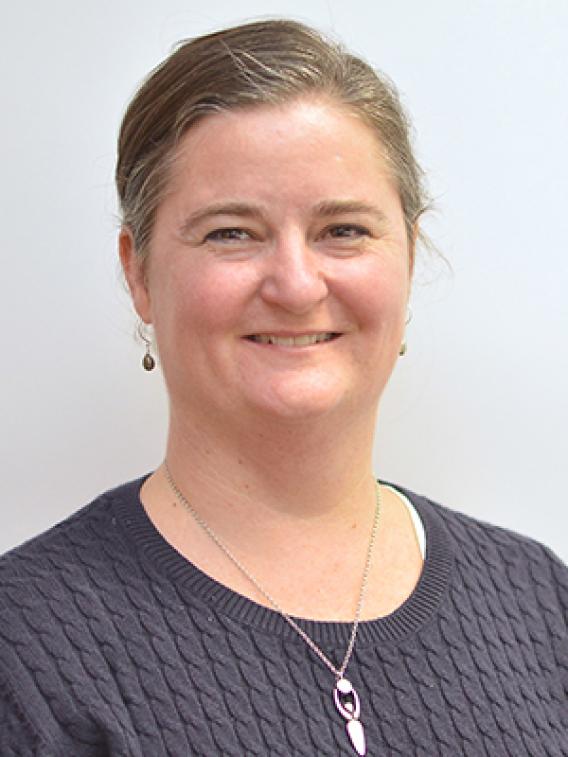Welcome to the FSOS 50th Anniversary site!

Families comprise one of the first and most enduring social institutions in the lives of individuals as well as society. While we all have a sense of what we mean when we say family; families are actually incredibly complex, messy, beautiful systems that are made up of individuals, relationships, networks, and extended connections across time and geography.
The Department of Family Social Science at the U of M has been doing the work of understanding these complex, messy, beautiful systems for the past 50 years. This year marks the 50th anniversary of the Department of Family Social Science at the U of M and we are planning a series of events to celebrate this milestone!
In the Spring/Summer 2021 issue of CEHD Connect, you will learn more about the history of FSoS and how throughout its history, one of the hallmarks of the department has been responding to the critical and changing needs of diverse families and communities within the United States and globally, including, most recently, how families have been navigating the COVID-19 pandemic.

Stacey Horn, Department Head
